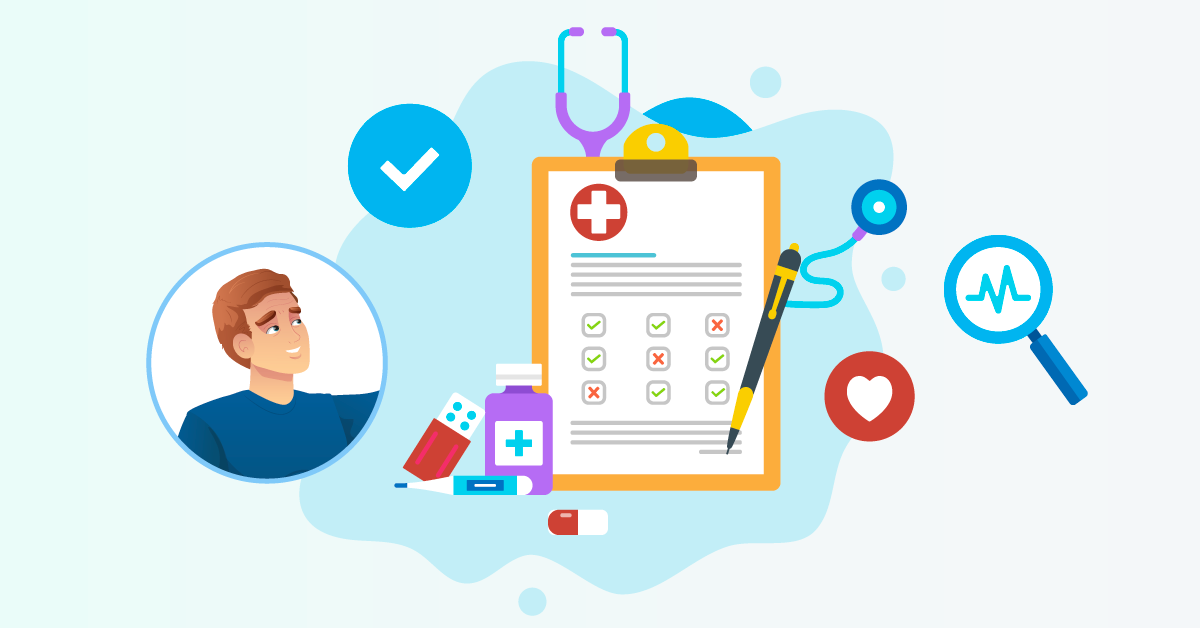What preventive screenings reveal

Mammogram: Mammograms screen for breast cancer. This is usually performed on women. However, men can also be at risk for breast cancer, depending on many factors. So, it’s important to discuss this screening test with your provider. In general, it’s recommended that women should begin having bi-annual mammograms performed starting at age 50. Your provider will let you know if you should have them done more or less frequently or if a different breast cancer screening is better suited for your needs. For more information and some common myths about mammograms, check out this article from Johns Hopkins.
Well-Woman Exam/Pap Smear: This exam generally tests for ovarian and other female-reproductive system cancers. It’s also an important time to discuss any questions or concerns you may have about family planning, hormones, etc. Like the annual physical, this appointment may also cover questions about how to prevent chronic conditions or how to stay ahead of any risk factors you may have for disease. Mayo clinic offers this important information on cervical cancer screenings here.
Colonoscopy: This a procedure that tests for colon cancer. It’s usually recommended to get a colonoscopy every 10 years from age 45 on, according to the American Cancer Society. In some instances, where family history or other risk-factors are present, it may be recommended that this screening test be done more frequently. Another great discussion to have with your provider during your Annual Physical. To learn more about the importance of getting regular colon cancer screenings, click here.
Eyes: Our eyes are very delicate organs, and they can tell quite a bit about our health. Getting regular eye exams is another important way we can stay on top of our health and prevent issues. Beyond, being a safety concern if we can’t see well, it’s also important to consider the affects chronic conditions such as high blood pressure or diabetes have on our eyes. The blood vessels in our eyes are very susceptible to damage from conditions such as these and offer great insight into how well things like blood pressure and blood sugar are being managed. Most ophthalmologists recommend routine eye exams every year to (at the very least) check for vision changes, early signs of glaucoma and/or cataracts. For someone with a chronic condition, like diabetes, it’s important to also get routine (every one to two years) diabetic eye exams, which look closer at the blood vessels in the eyes. Click here for more information.
Dental: Our mouth is the gateway to our body. If we aren’t caring for our teeth and gums properly, we are putting ourselves at risk for bacteria entering directly into our systems from swallowing, as well as through the thin skin of our gums, cheeks and under the tongue. We also have lymph nodes in very close proximity to our mouths. Like ophthalmologists, dentists and dental hygienists understand the warning signs of health concerns our mouth may convey. For example, our gum health can signal risks of heart disease. The Oral Health Foundation has this to say about the importance of gum health and regular dental exams.